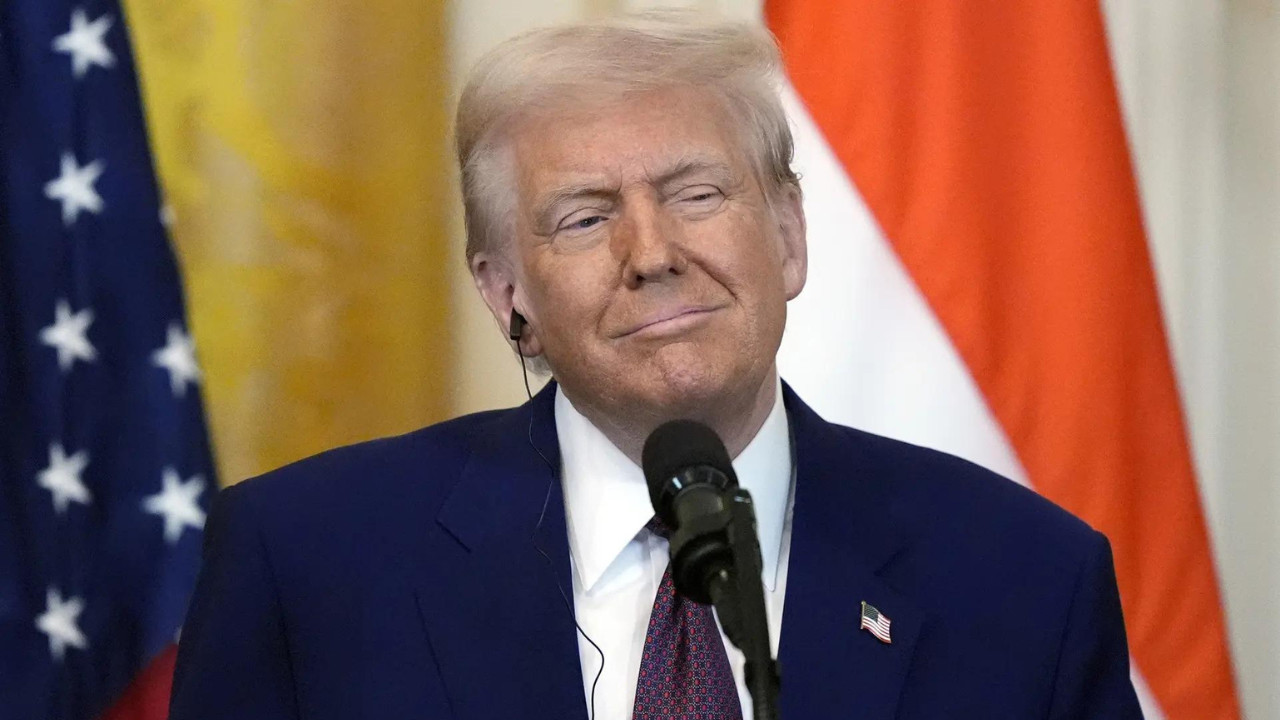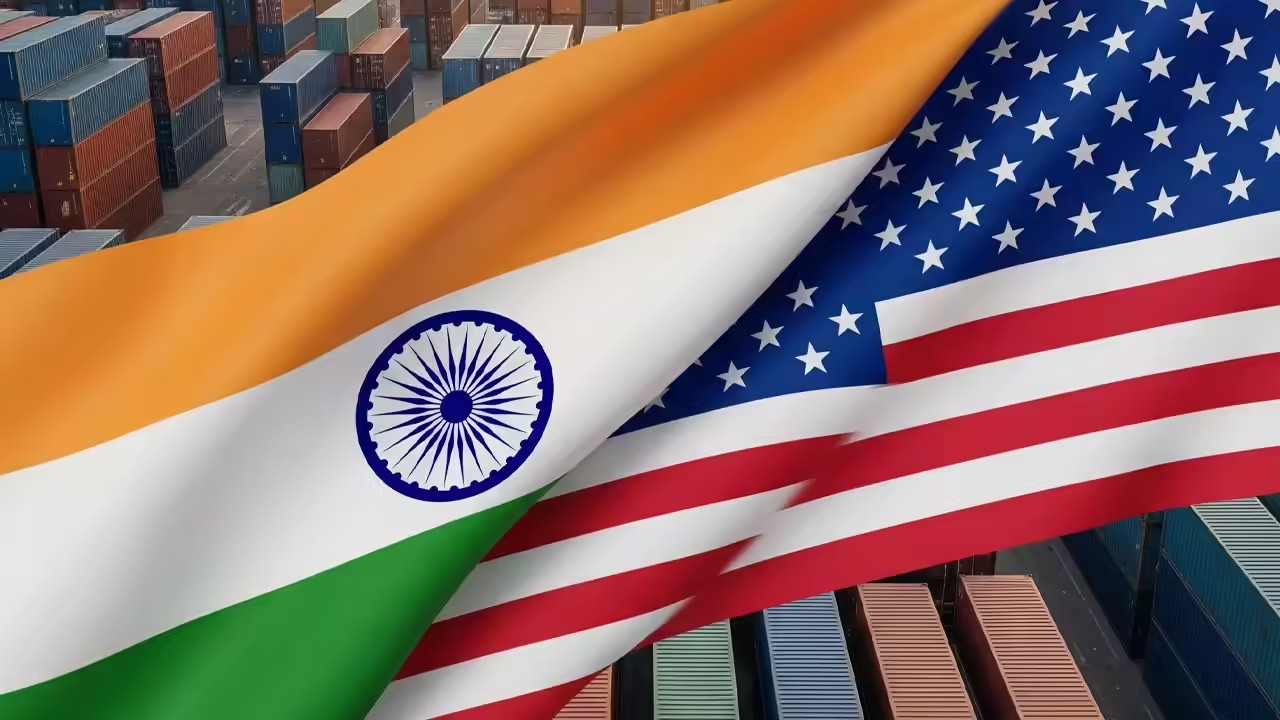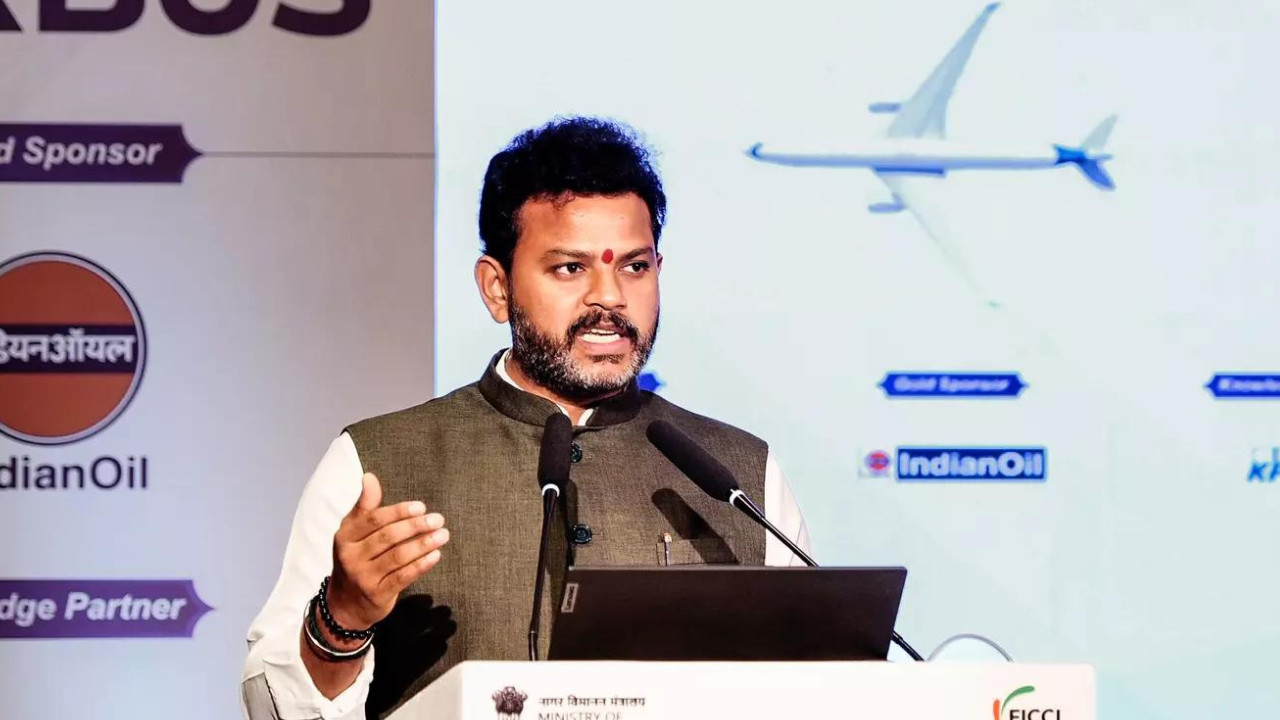Donald Trump claimed India halted Russian oil imports, calling it a “good step,” despite earlier threats of tariffs for continued trade with Russia. He also suggested Pakistan might one day sell oil to India. India’s MEA firmly rejected Trump’s remarks, asserting the “steady and time-tested partnership” with Russia stands independently and shouldn’t be viewed through a third country’s lens.
Did India Really Stop Buying Russian Oil? A Closer Look
The air crackled with geopolitical tension when Donald Trump recently commented on India’s oil imports, suggesting the nation had ceased purchasing Russian crude. “Heard India is not going to buy Russian oil,” he declared, framing it as a “good step.” But is that the full story? The reality, as always, is a bit more nuanced than a soundbite allows.
While a complete halt to Russian oil imports by India would indeed be a significant development, a deeper dive reveals a more complex picture. India has undeniably recalibrated its energy strategy since the onset of the war in Ukraine, but a complete abandonment of Russian oil seems unlikely, at least for now.
India’s Evolving Energy Landscape
India, a nation with a rapidly growing economy and a corresponding thirst for energy, relies heavily on imports to meet its needs. Before the conflict in Ukraine, Russian oil constituted a relatively small portion of India’s overall energy mix. However, the subsequent Western sanctions and price caps on Russian crude created a unique opportunity.
Russian oil, often offered at discounted prices, became an attractive option for India, allowing it to diversify its supply sources and cushion itself against volatile global energy markets. This strategic pivot, while drawing criticism from some quarters, has been largely viewed within India as a pragmatic move to secure its energy security and protect its economic interests.
Deciphering Trump’s Statement on India’s Oil Imports
So, what are we to make of Trump’s assertion? It’s possible that his statement reflects a broader trend of fluctuating import volumes. There might be periods where India’s purchases of Russian oil decrease or even temporarily cease due to various factors, including price fluctuations, alternative supply availability, or even logistical considerations. However, to interpret these ebbs and flows as a complete and permanent cessation of trade might be premature.

India’s relationship with Russia extends beyond just oil; it includes defense, trade, and geopolitics, elements that influence India’s decisions regarding Russian oil imports. This highlights the complexities in understanding international relations and trade.
The Geopolitical Balancing Act
India finds itself navigating a delicate geopolitical landscape. On one hand, it maintains strong ties with the West, including the United States, and shares concerns about the impact of the conflict in Ukraine. On the other hand, it has a long-standing strategic partnership with Russia, a relationship that predates the current conflict.
This balancing act requires India to carefully weigh its economic interests, its strategic alliances, and its international obligations. It’s a tightrope walk, and India’s energy policy reflects this inherent complexity.
A Shifting, Not Severed, Relationship
Perhaps the most accurate way to describe India’s current stance is one of cautious recalibration. India is actively exploring alternative energy sources, diversifying its import partners, and investing in renewable energy infrastructure. This long-term strategy aims to reduce its overall dependence on any single supplier, including Russia. You can read more about India’s broader energy strategy here.
While India may reduce its reliance on Russian oil imports over time, driven by both economic and geopolitical considerations, a complete and immediate cessation seems unlikely. The energy landscape is constantly evolving, and India’s strategy will undoubtedly continue to adapt to these changing dynamics.
Looking Ahead: The Future of India’s Energy Mix
The future of India’s energy mix is a tapestry woven with threads of economic necessity, geopolitical strategy, and environmental responsibility. As the nation continues its economic ascent, its energy demands will only increase. How India chooses to meet these demands will have significant implications for global energy markets and international relations.
While pronouncements about a complete halt to Russian oil purchases might capture headlines, the reality is a far more nuanced story of strategic adaptation and pragmatic decision-making. India’s energy journey is one to watch, and its choices will shape the global energy landscape for years to come.







